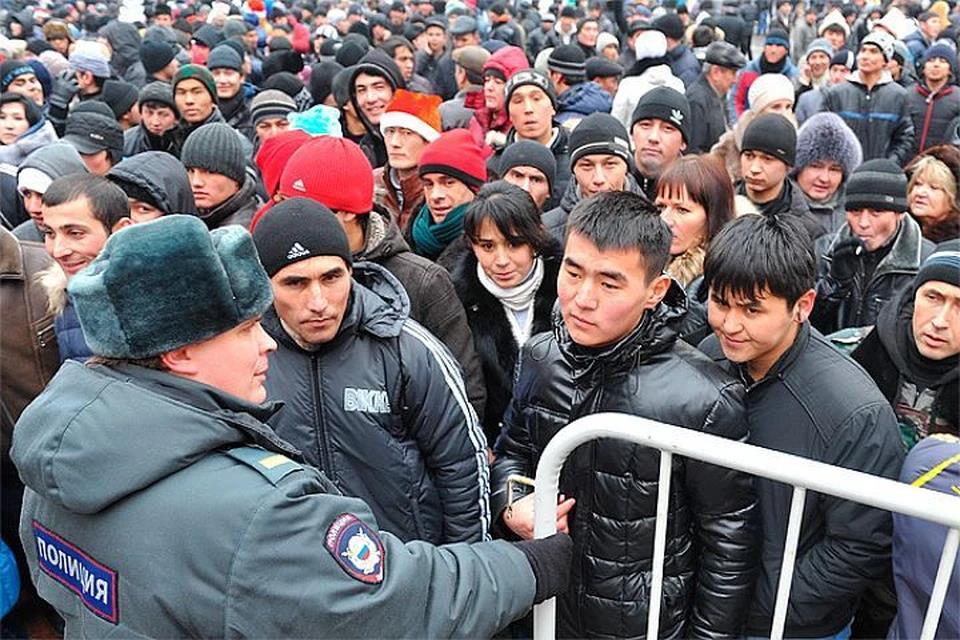
New Migration Law Risks Deepening Russia's Labor Crisis
Starting March 5, a new law in Russia will grant police expanded powers to monitor and control foreign nationals slated for deportation. These measures, aimed at tightening state control over migrants, have sparked debates on their potential consequences for both Russia and its labor market.
Under the law, police will have unrestricted access to the residences of deportable foreigners and can demand sensitive information from state bodies, foreign authorities, and private entities. This includes access to commercial, banking, and tax-related secrets. Moreover, law enforcement will monitor these individuals using technical surveillance tools, such as mobile devices, geolocation data, and payment systems, extending scrutiny even to those who assist migrants in staying in Russia.
Economist Eldaniz Amirov, speaking to Azernews , argued that these measures could hurt Russia more than the migrants themselves.
“First of all, because Russia already has serious demographic problems. The decline and aging of the population have become inevitable. The new rules will further exacerbate these problems by reducing the flow of migrants,” he said.
Amirov also highlighted the potential impact on Russia's economy, emphasizing that key industries depend heavily on migrant labor.
“On the other hand, there is a serious shortage of labor in Russia. This decision will create an even more difficult situation in construction, agriculture, services, and industry. Because the shortage of labor in these sectors will increase. This can even slow down the overall pace of economic growth.”
Additionally, he warned of unintended consequences, such as a rise in illegal activities and tax evasion, which could negatively affect the state budget.
“Since illegal activity has become a necessity, unofficial activity will increase, which will increase tax evasion and have a negative impact on the state budget. True, although this is not a large number, it will create a fertile environment for the flourishing of the black market system, which no state likes,” Amirov noted.
He further pointed out the geopolitical ramifications, stating, “Strict rules against migrants will further damage Russia's image. It will also have a negative impact on cooperation with migrant countries, especially with the countries of Central Asia, which are the main sources of migrants.”
Amirov suggested that instead of tightening migrant regulations, Russia could have pursued policies fostering integration to address its demographic challenges, labor shortages, and international relations.
“Russia could have improved its demographic indicators, labor shortages, transparency, relations with migrant countries, and ultimately its political image by creating mechanisms that facilitate their economic integration. But it did the opposite,” he concluded.
As the March 5 implementation date approaches, questions linger over whether these stricter measures will achieve their intended goals or deepen existing challenges in Russia's economy and society.
Legal Disclaimer:
MENAFN provides the
information “as is” without warranty of any kind. We do not accept
any responsibility or liability for the accuracy, content, images,
videos, licenses, completeness, legality, or reliability of the information
contained in this article. If you have any complaints or copyright
issues related to this article, kindly contact the provider above.


















Comments
No comment